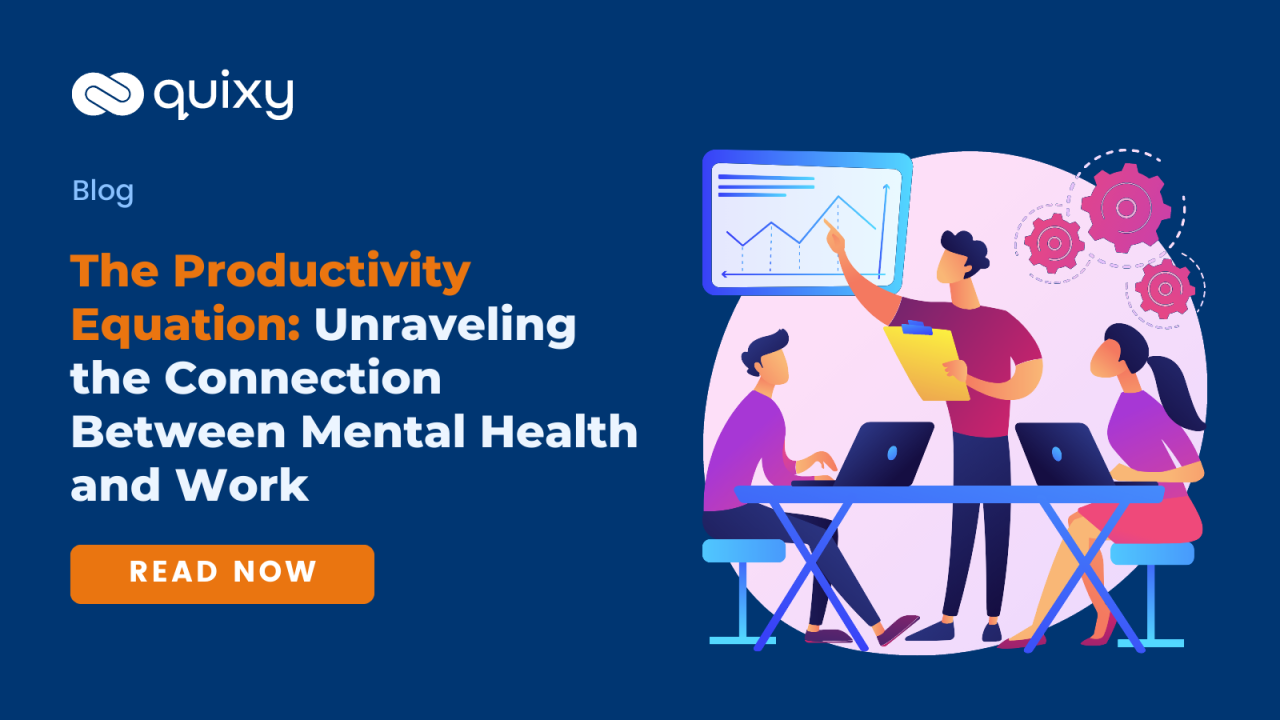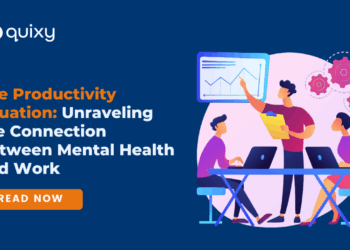Delving into the realm of mental health days and their impact on productivity, this article offers a refreshing perspective on how self-care can lead to enhanced performance in the workplace.
Exploring the correlation between mental health days and overall well-being, this piece sets the stage for an insightful discussion on the benefits of prioritizing mental health in a professional setting.
Benefits of Mental Health Days for Productivity

Taking mental health days can have a significant impact on productivity and overall well-being in the workplace.
Improved Mental Health
By allowing employees to take mental health days, they can recharge and address any underlying issues contributing to stress or anxiety. This leads to improved mental health, which in turn enhances focus and creativity at work.
Reduced Burnout
Regularly taking mental health days helps prevent burnout by providing employees with the opportunity to rest and recuperate. This prevents exhaustion and allows individuals to return to work feeling refreshed and motivated.
Increased Employee Satisfaction
Offering mental health days as part of employee benefits shows that the organization values the well-being of its employees. This can boost morale, loyalty, and job satisfaction, leading to a more engaged and productive workforce.
Impact on Employee Performance

Regular mental health days can have a significant positive impact on employee performance. When employees take time off to focus on their mental well-being, they are better equipped to handle stress and challenges in the workplace. This leads to improved work output and overall productivity.
Reduced Stress Levels
- Mental health days allow employees to recharge and reset, reducing their stress levels significantly.
- Lower stress levels result in improved focus, creativity, and problem-solving skills in the workplace.
- Employees who take mental health days are more likely to approach tasks with a clear mind and positive attitude.
Improved Work Output
- Research has shown that employees who prioritize self-care, including taking mental health days, are more productive and engaged at work.
- By taking time off to rest and rejuvenate, employees can avoid burnout and maintain a high level of performance consistently.
- Improved mental well-being leads to better decision-making and communication skills, ultimately benefiting the overall performance of the employee.
Comparison of Productivity
- Employees who regularly take mental health days tend to be more productive and efficient in their tasks compared to those who do not prioritize self-care.
- Studies have shown that a well-rested and mentally healthy workforce is more likely to meet deadlines, produce quality work, and collaborate effectively with colleagues.
- Organizations that support and encourage mental health days see a positive impact on employee performance and overall business success.
Enhancing Mental Health Awareness
Implementing mental health days can play a crucial role in raising awareness about mental health in the workplace. By encouraging employees to take time off for their mental well-being, companies signal that mental health is a priority and should be openly discussed and supported.
Reducing Stigma
Taking mental health days can help reduce the stigma associated with mental health struggles by normalizing the idea that everyone needs a break to focus on their mental wellness. When employees feel empowered to take time off for mental health reasons without fear of judgment, it fosters a culture of understanding and support in the workplace.
Promoting Awareness Strategies
Encourage open communication
Create a safe space for employees to talk about mental health issues and the importance of taking mental health days.
Provide resources
Offer access to mental health resources, such as counseling services or mental health workshops, to educate employees and promote self-care.
Lead by example
Managers and leaders should openly discuss their own mental health and take mental health days when needed to set a positive example for their teams.
Training and education
Implement training programs to educate employees on mental health awareness, signs of mental health issues, and how to support colleagues who may be struggling.
Creating a Supportive Work Environment

Creating a supportive work environment is crucial for the overall well-being and productivity of employees. By offering mental health days, organizations can significantly contribute to fostering a culture that values mental well-being and creates a supportive atmosphere for their employees.
Fostering a Culture of Support
- Organizations can demonstrate their commitment to mental health by providing paid mental health days as part of their employee benefits package.
- Encouraging open communication and destigmatizing mental health issues in the workplace can help employees feel more comfortable seeking support when needed.
- Implementing flexible work arrangements and promoting work-life balance can also contribute to creating a supportive environment that prioritizes mental well-being.
Benefits of a Supportive Work Environment
- Employee Morale: A supportive work environment can boost morale, leading to increased job satisfaction and overall happiness among employees.
- Retention: Companies that prioritize mental health and create a supportive culture are more likely to retain top talent and reduce turnover rates.
- Productivity: When employees feel supported and valued, they are more likely to be motivated and engaged in their work, ultimately leading to higher productivity levels.
Final Wrap-Up
In conclusion, the narrative weaves together the importance of mental health days for fostering a supportive work environment, enhancing employee performance, and promoting mental health awareness. It underscores the significance of self-care in achieving optimal productivity and well-being in the workplace.












